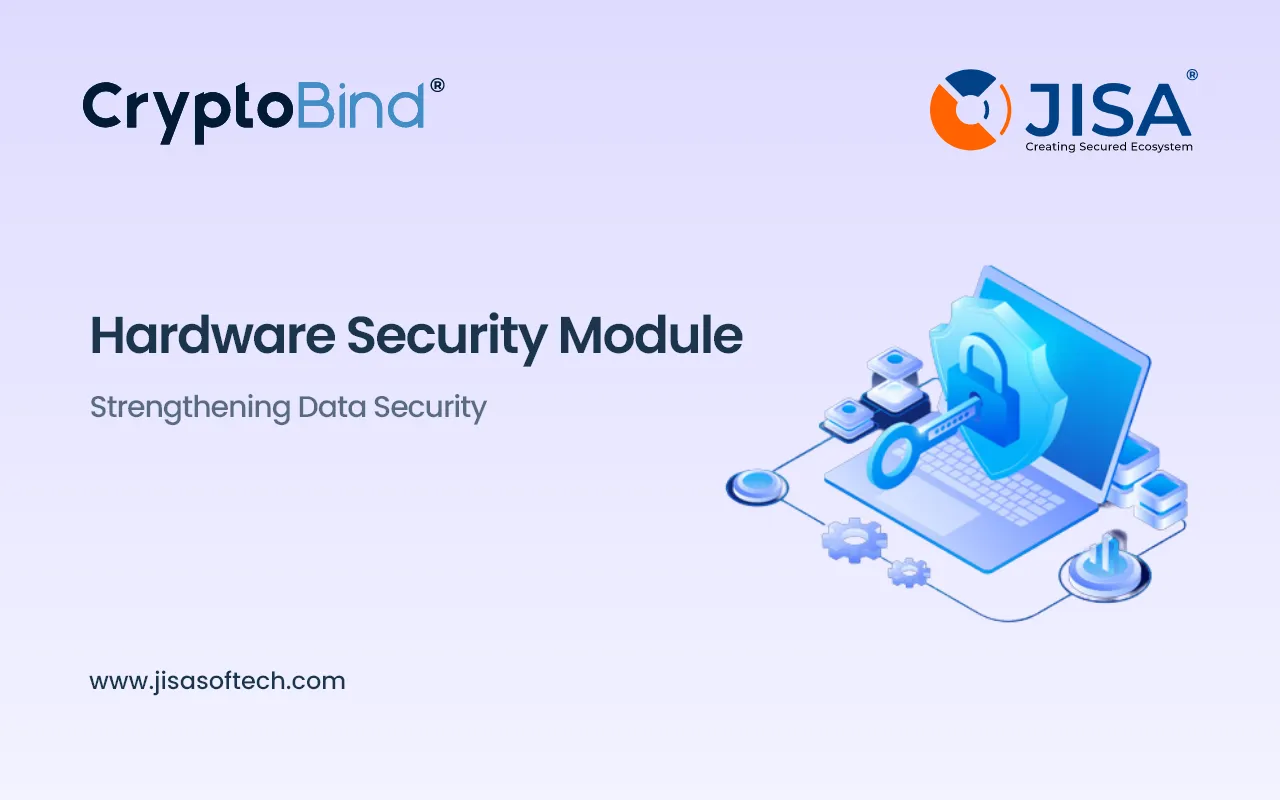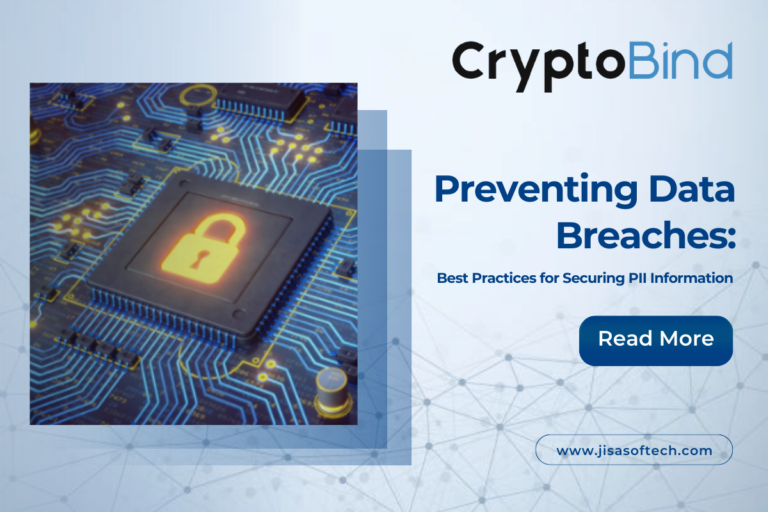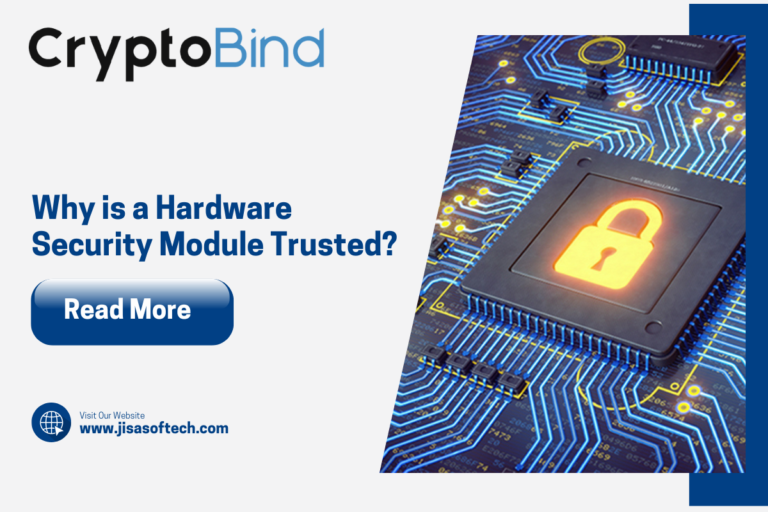The Importance of Hardware Security Modules in Data Security
Most businesses cannot function without data, which has become a critical asset at the heart of most business processes. Data security is an essential component of running a successful business. It gives customers confidence that their data is being handled securely. Businesses gather a wide range of sensitive data from their operations and customers. Data security is the method by which businesses choose to keep this information secure.
Data theft can be a serious problem for an organization even if just a small amount is stolen. In order to ensure that data is effectively protected at all times, a firm must put careful protections in place.
With the announcement and impending implementation of the GDPR, the broad topic of data security is growing in popularity among enterprises of all sizes and business focuses (Global Data Protection Regulation).
Encryption is the only technology, aside from pseudonymizing and strong authentication, that is specifically mentioned in the GDPR standards as an example of best practices. The management of the encryption process, specifically the digital keys used to encrypt data, is something that organizations should pay special attention to.
Safeguarding digital identities and data protection using cryptography:
Data security techniques include cryptographic protocols. The use of “keys” — strings of information that unlock cryptographic operations — in cryptographic protocols enables secure data transit between two parties.
Protecting the keys themselves is one of the requirements, and HSM helps us to do so by handling all cryptographic activities and keeping all necessary keys on the device. Because of this, the keys will never leave HSM. The hardware is specifically created to safeguard keys and internal storage from any type of theft and is capable of eliminating any sensitive cryptographic data before the worst occurs.
In addition to safeguarding digital identities, vital infrastructure, and priceless data, an HSM secures a wide range of applications and transactions. FIPS 140-1 and 140-2 security standards are tested and applied to hardware security modules for certification. They are utilized, among other things, as security tokens, SSL servers, and cryptographic transaction systems of financial service providers.
Hardware Security Modules are gaining importance:
With an HSM, the key is no longer stored as a file on the computer, eliminating the risk of unauthorized third-party access. Another benefit is the speed with which encryption and decryption are performed because the computation is outsourced to an HSM, which frees up computer power. Furthermore, an HSM ensures that only truly authorized individuals have access to specific data, which is especially important for highly sensitive corporate information. This is because the use of HSM ensures the secure handling of cryptographic keys.
Advantages of an HSM for cryptographic operations:
- Secure key management approach
Between generation and destruction, a cryptographic key goes through a number of phases. The full life cycle of a cryptographic key must be managed by a safe and appropriate system, which is a crucial need. Both logical and physical protection can be effectively provided by HSMs.
- Improve the throughput of the system
HSMs are created and enhanced to perform cryptographic operations more quickly and securely. Since server resources can be used for business logic processing and because HSMs execute cryptography significantly more quickly than a typical CPU, adding an HSM to a system result in an increase in the system’s overall performance.
- Comply with current cyber security standards and laws
Regardless of size or sector, a system must adhere to worldwide cyber security standards and regulations. The level of security offered by hardware cryptographic devices are specified by FIPS 140-2, an internationally recognized standard.
- Easy to integrate, configure and use
HSMs are plug-and-play devices that, after a simple configuration process, are simpler to incorporate into a system and utilize cryptographic activities.
How CryptoBind HSM help in data security?
An HSM is the “Root of Trust” in an organization’s security infrastructure as it is a physical device with a powerful operating system and limited network access. We have installed our HSM solution in the Indian Banking Regulator, which comes under the control of the Indian Ministry of Finance. Our HSM offers elastic and centralized key operation and management features. Encryption keys are safely maintained in CryptoBind HSM in accordance with organizational requirements.
To strengthen your organization’s security, we provide industry-compliant Hardware Security Modules, Key Management Solutions, Tokenization, Encryption, Aadhaar Data Vault, and Authentication solutions. Our innovative solutions have been adopted by businesses across the country to handle mission-critical data security and data protection needs.
To know more about our solution, get in touch with us.
Contact Us:
Website: www.jisasoftech.com
Email: sales@jisasoftech.com
Phone: +91-9619222553







